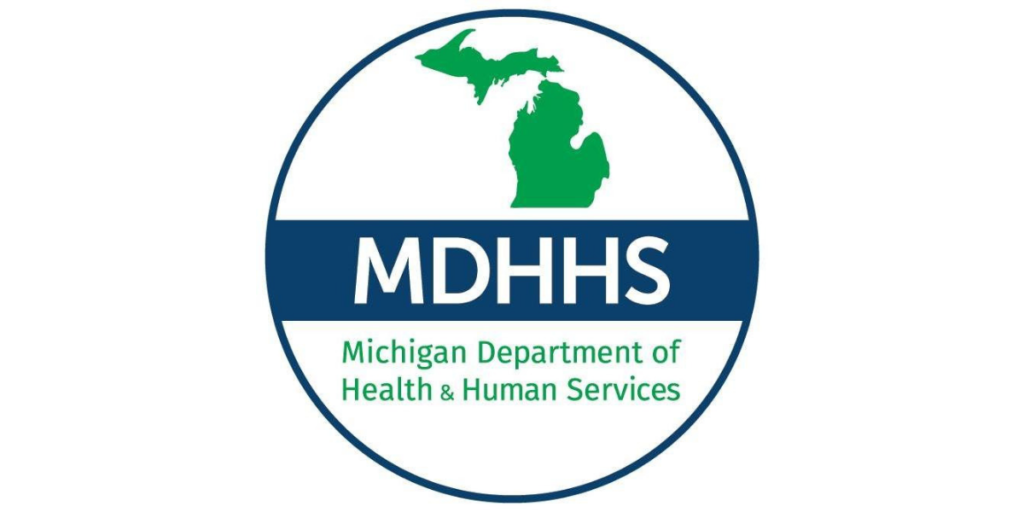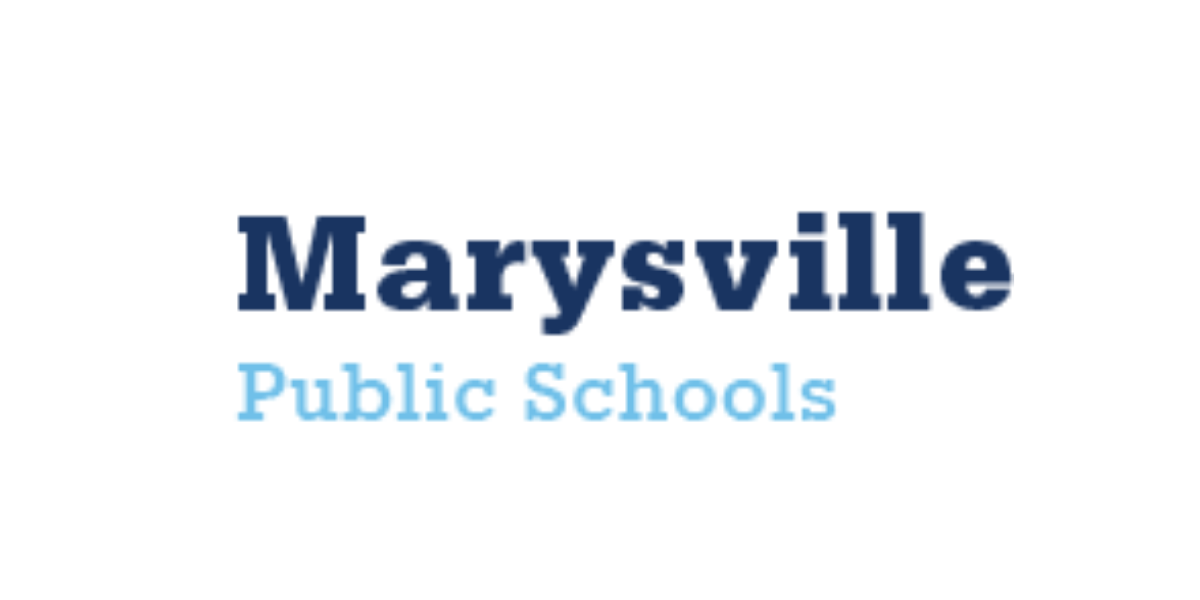MDHHS Updates Quarantine Guidance
As the state enters a recovery phase of the pandemic, Michigan Department of Health and Human Services (MDHHS) updated their guidance for quarantine and isolation due to declining cases of COVID-19. This guidance applies to the general public, not to congregate care settings like hospitals , nursing homes, and other health care settings or jails.
A person who tests positive for COVID-19 should isolate at home for 5 days. Anyone who is exposed to COVID-19 by a a close contact or someone in their household should avoid unmasked activities and wear a mask around others for 10 days while they monitor for symptoms. Those exposed should also test for COVID-19 on day 3-7 or as soon as symptoms develop. These guidelines apply to both vaccinated and unvaccinated individuals.
If a person is exposed to COVID-19 at work or in a community setting, they should monitor for symptoms for 10 days, test if symptoms develop, and consider wearing a mask for at least 10 days after exposure, especially if they are around high-risk individuals.
MDHHS reminds the public that orders from local health departments, schools, event organizers, and individual businesses should continue to be followed along with these new guidelines.
Under this new guidance, schools no longer have to report confirmed and probable COVID-19 cases.
For more details visit: https://www.michigan.gov/coronavirus/
Reporting for WGRT – Jessie Wiegand







